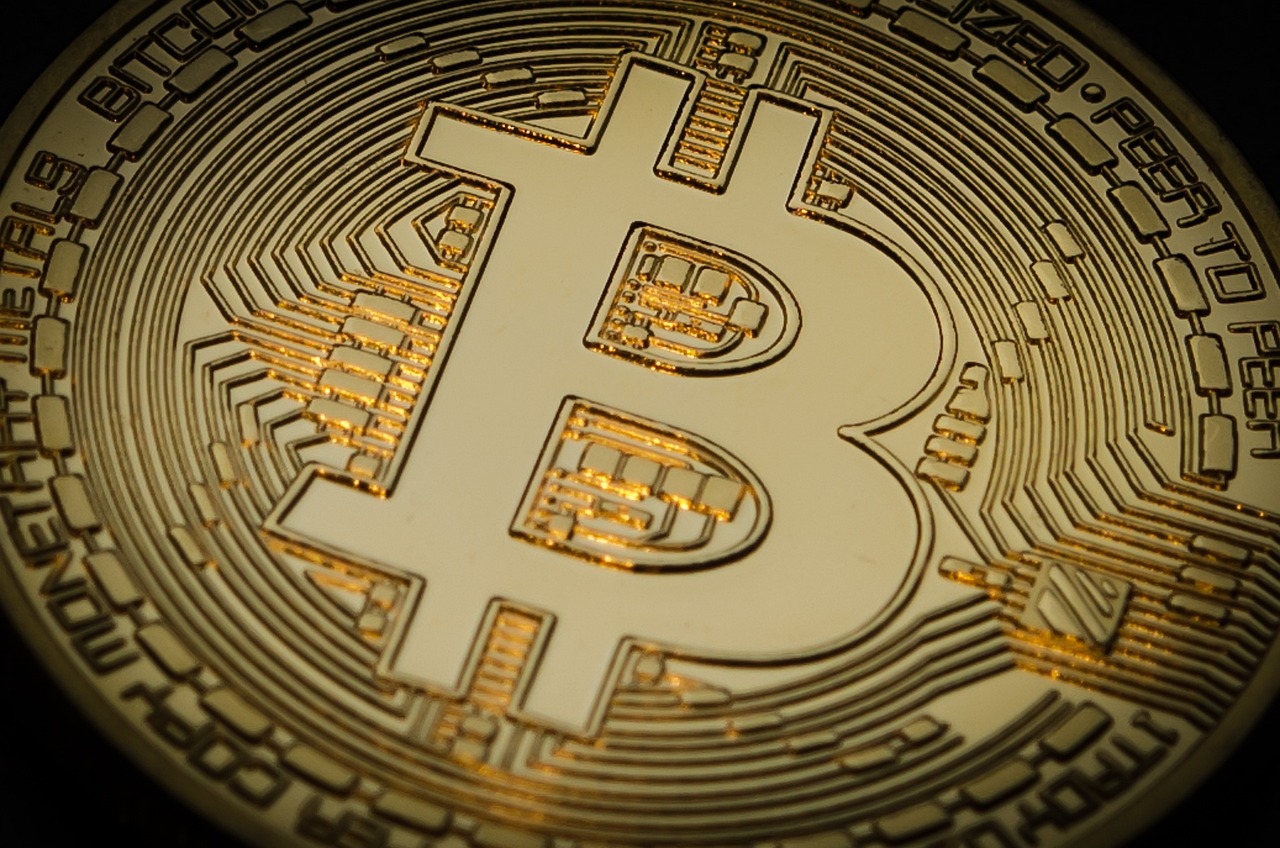Bitcoin Developer Expresses Concern About Current State of Community
02.08.2024 21:00 1 min. read Kosta Gushterov
Bitcoin core developer Luka Dashjr expressed concern about the current state of the Bitcoin community, comparing it to the situation seven years ago during the Segwit update.
Segwit, a significant protocol upgrade aimed at improving transaction efficiency and reducing fees, was activated despite initial resistance from developers who felt miners should make decisions about such changes.
Dashjr highlighted a similar situation with proposed modifications to the Bitcoin spam filter, expressing frustration with the community’s passivity. He recently tweeted about the lack of active participation, suggesting that many users have become too passive or disgruntled.
He also stressed that Bitcoin, unlike centralized fiat currencies, should not rely on a centralized service team, but remain decentralized.
Dashjr’s call to action highlights the importance of active user participation to maintain Bitcoin’s decentralized principles.
7 years ago today, the #Bitcoin community activated Segwit, despite Bitcoin Core refusing to allow anyone other than miners to decide.
Today, we have a similar situation with updating spam filters. And sadly, the community has been largely too complacent – or brainwashed – to…
— Luke Dashjr (@LukeDashjr) August 1, 2024
The developer believes that users should make their own decisions and not depend on centralized authorities, which is in line with Bitcoin’s founding philosophy as a decentralized financial system.
-
1
Bitcoin to Track Global Economy, Not Dollars, Says Crypto Expert
09.06.2025 18:00 2 min. read -
2
Blockchain Group Bets Big on Bitcoin With Bold €300M Equity Deal
09.06.2025 22:00 2 min. read -
3
BlackRock’s Bitcoin ETF Breaks Into Top 15 Most Traded ETFs of 2025
12.06.2025 18:00 2 min. read -
4
Bank of America Compares Bitcoin to History’s Most Disruptive Inventions
17.06.2025 14:00 1 min. read -
5
Bitcoin on a Path to $1 Million as Wall Street Embraces Digital Gold – Mike Novogratz
14.06.2025 19:00 1 min. read
Bitcoin Averages 37% Rebound After Crises, Binance Research Finds
Despite common fears that global crises spell disaster for crypto markets, new data from Binance Research suggests the opposite may be true — at least for Bitcoin.
Bitcoin Mining Faces Profit Crunch, But No Panic Selling
A new report by crypto analytics firm Alphractal reveals that Bitcoin miners are facing some of the lowest profitability levels in over a decade — yet have shown little sign of capitulation.
Bitcoin Hashrate Declines 3.5%, But Miners Hold Firm Amid Market Weakness
Bitcoin’s network hashrate has fallen 3.5% since mid-June, marking the sharpest decline in computing power since July 2024.
Bitcoin Surpasses Alphabet (Google) to Become 6th Most Valuable Asset Globally
Bitcoin has officially overtaken Alphabet (Google’s parent company) in global asset rankings, becoming the sixth most valuable asset in the world, according to the latest real-time market data.
-
1
Bitcoin to Track Global Economy, Not Dollars, Says Crypto Expert
09.06.2025 18:00 2 min. read -
2
Blockchain Group Bets Big on Bitcoin With Bold €300M Equity Deal
09.06.2025 22:00 2 min. read -
3
BlackRock’s Bitcoin ETF Breaks Into Top 15 Most Traded ETFs of 2025
12.06.2025 18:00 2 min. read -
4
Bank of America Compares Bitcoin to History’s Most Disruptive Inventions
17.06.2025 14:00 1 min. read -
5
Bitcoin on a Path to $1 Million as Wall Street Embraces Digital Gold – Mike Novogratz
14.06.2025 19:00 1 min. read


